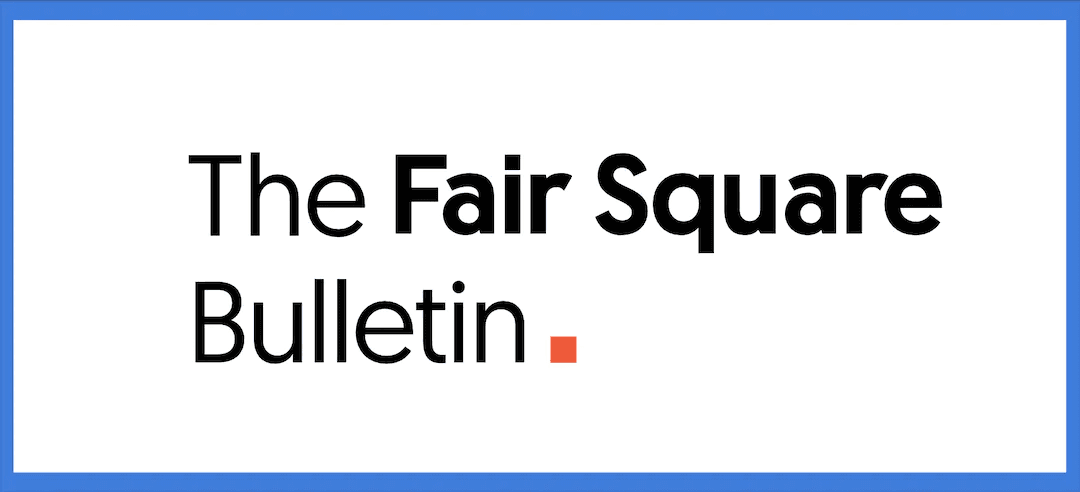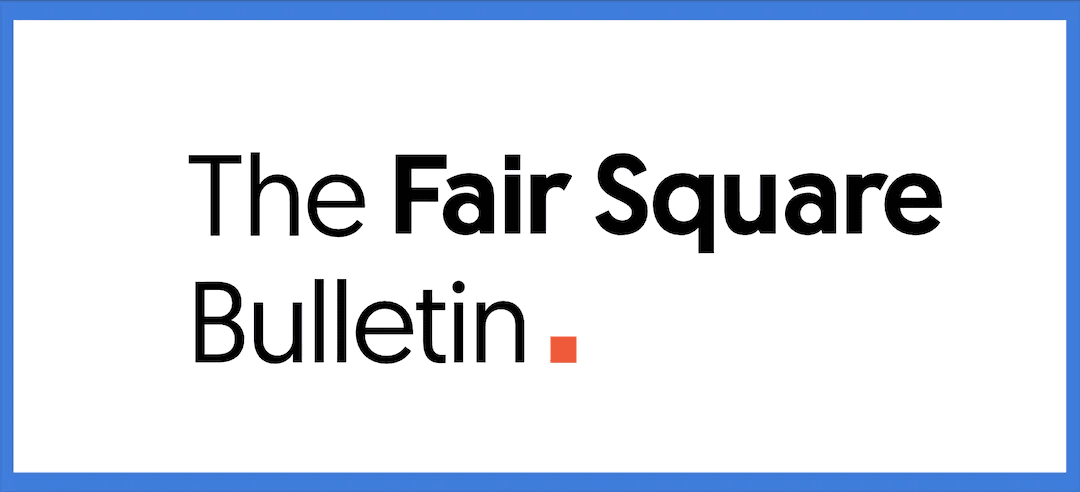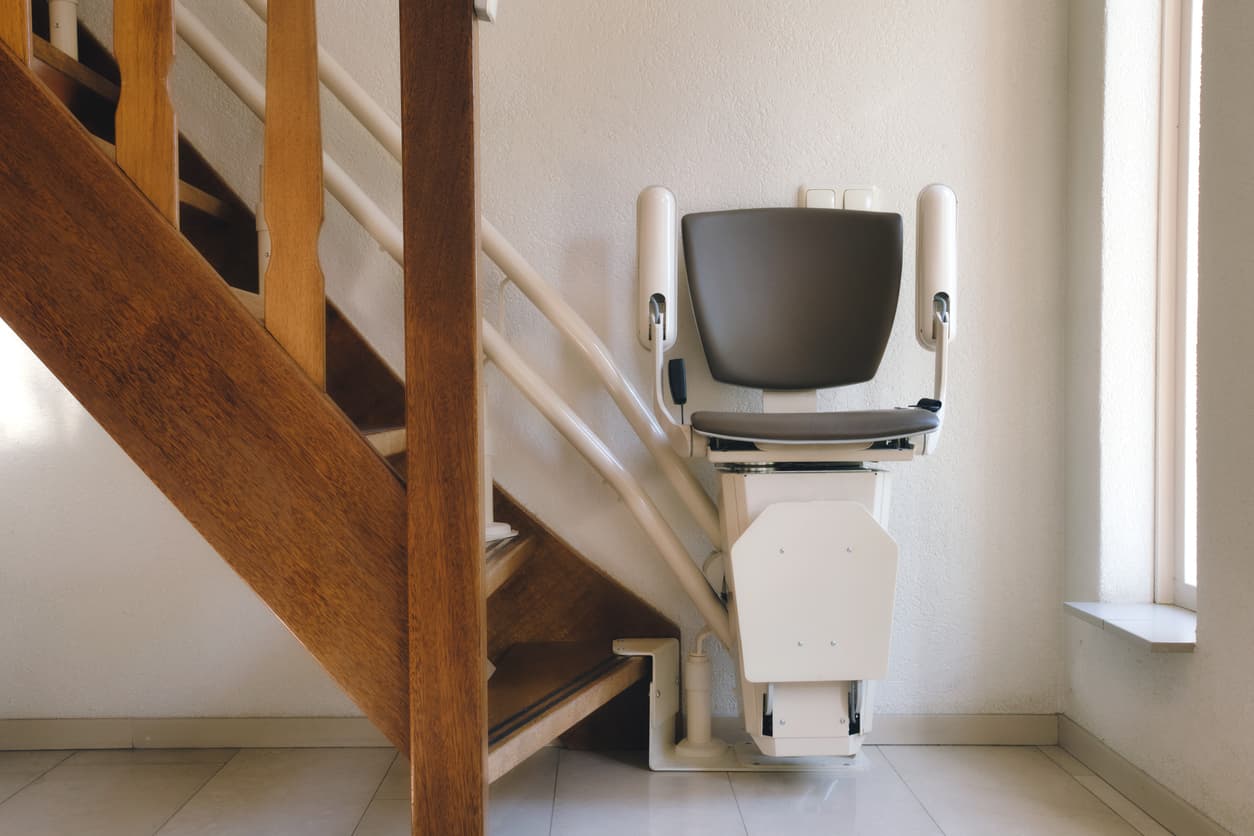Some tips to avoid missing out on your ideal Medigap plan
Are you trying to switch into a Medigap policy to supplement your Medicare coverage? If so, you may have come across the term "medical underwriting." But what exactly does it mean, and how does it affect your coverage options?
Speak with a Medicare Advocate
Medical underwriting is an important part of the Medigap application process that determines your eligibility for coverage and the cost of your premiums. Understanding what medical underwriting is and how it works can help you make informed decisions when it comes to choosing the right Medigap plan for your needs
What is Medical Underwriting for Medigap?
Medical underwriting is when insurance companies scrutinize your health history, which could lead to increased rates and, in some cases, prohibit you from joining a specific plan. This does not happen in every instance of trying to switch into a Medigap plan. For example, if you have a special enrollment period
The purpose of medical underwriting is to assess an applicant's health status and medical history to determine their eligibility for health insurance coverage and the cost of their premiums. Insurance companies want to evaluate the level of risk they would be taking on before offering coverage to an individual based on their potential for requiring expensive medical treatments or procedures in the future.
Medical underwriting also helps to prevent adverse selection, which is when individuals with pre-existing health conditions or higher risks of needing medical care are more likely to purchase insurance, potentially driving up the costs for everyone in the insurance pool. Ultimately, the goal of medical underwriting is to ensure that insurance companies can provide adequate coverage and financial stability while offering fair and reasonable premiums to their policyholders.
How Does Medical Underwriting for Medigap Work?
The eligibility requirements for medical underwriting can vary depending on the specific insurance company and the Medigap plan being applied for. However, some common eligibility requirements may include:
Enrollment in Medicare Part A and Part B: An individual must be enrolled in both Medicare Part A (hospital insurance) and Part B (medical insurance) to be eligible for a Medicare Supplement plan.
Age: Some insurance companies may have age restrictions on their Medigap plans, such as requiring the applicant to be at least 65 years old or older.
Residency: The applicant must be a resident of the state where the Medigap plan is being offered.
Open Enrollment Period: The best time to apply for a Medigap plan is during the open enrollment period
Medical Underwriting: If an individual applies for Medigap coverage outside of the open enrollment period, they may be subject to medical underwriting. This means they will need to answer health-related questions and provide medical history information to the insurance company, which will then determine their eligibility for coverage and the cost of their premiums.
It's important to note that while some eligibility requirements are mandatory, others can vary depending on the specific insurance company and plan being applied for. It's always a good idea to check with the insurance company or a licensed insurance agent to determine the specific eligibility requirements for the Medigap plan in question.
Once you've completed the application, you'll need to submit it to the insurance company along with any required documentation, such as proof of Medicare enrollment.
As you wait for approval, the insurance company will review your application and determine whether you're eligible for coverage. If you applied during the open enrollment period, you should be approved for coverage without any issues. If you applied outside of the open enrollment period and are subject to medical underwriting, the insurance company may take longer to review your application.
If your application is approved, you'll receive a policy from the insurance company that outlines your coverage and premium costs. You'll need to review the policy carefully to ensure that it accurately reflects the coverage you applied for and the premium costs you were quoted.
Why is Medical Underwriting Necessary for Medigap?
Medical underwriting is a necessary process for insurance companies to assess the risk of insuring an individual and ensure their financial stability. By evaluating an applicant's health status and medical history, insurance companies can determine the likelihood of paying out claims in the future. This risk assessment allows insurance companies to set appropriate premium rates that reflect the level of risk associated with insuring an individual. Additionally, medical underwriting helps prevent adverse selection, which occurs when individuals with pre-existing health conditions or high healthcare needs are more likely to seek insurance coverage. Without medical underwriting, insurance companies would be at greater risk of insuring a pool of individuals who require more medical attention and services, which could lead to higher premium rates for everyone.
How Beneficiaries Can Avoid Underwriting
Medicare beneficiaries can avoid having to go through medical underwriting for Medigap coverage by enrolling during their Medigap Open Enrollment Period. The Medigap Open Enrollment Period is a six-month window that begins the month that an individual turns 65 and is enrolled in Medicare Part B. During this period, insurance companies are required to offer Medigap coverage to anyone who applies, regardless of their health status. Insurance companies are also prohibited from charging higher premiums or denying coverage based on an individual's health status or pre-existing medical conditions during this period.
It's important to note that if an individual applies for Medigap coverage outside of their Open Enrollment Period, they may be subject to medical underwriting, which could result in higher premiums or denial of coverage based on their health status. However, there are a few situations in which an individual may be eligible for a guaranteed issue right, which allows them to enroll in a Medigap plan without medical underwriting even outside of the Open Enrollment Period. These situations include:
Losing employer-sponsored health coverage: If an individual loses their employer-sponsored health coverage, they may be eligible for a guaranteed issue right to enroll in a Medigap plan within a certain timeframe.
Losing Medigap coverage due to an insurance plan provider failing: If an individual loses their Medigap coverage due to their insurance company's bankruptcy, they may be eligible for a guaranteed issue right to enroll in a new Medigap plan.
Moving out of their Medigap plan's service area: If an individual moves out of their Medigap plan's service area, they may be eligible for a guaranteed issue right to enroll in a new Medigap plan.
Overall, the best way for Medicare beneficiaries to avoid medical underwriting for Medigap coverage is to enroll during their Medigap Open Enrollment Period. If they miss this window, they should speak to a licensed insurance agent to determine if they are eligible for a guaranteed issue right.
Conclusion
Medical underwriting is a crucial aspect of switching into a Medigap plan to determine beneficiaries' eligibility for coverage and the cost of their premiums. Insurance companies use this process to assess the level of risk they would be taking on and prevent adverse selection. Medicare beneficiaries can enroll during their Medigap Open Enrollment Period to avoid medical underwriting. If you need help finding the right Medigap plan for your needs, call Fair Square
Recommended Articles

Is Gainswave Covered by Medicare?
Dec 6, 2022

Can I Have Two Primary Care Physicians?
Oct 3, 2022

What is the 8-Minute Rule on Medicare?
Dec 21, 2022

Can I Change My Primary Care Provider with an Advantage Plan?
Aug 25, 2023

Do Medicare Supplement Plans Cover Dental and Vision?
Dec 8, 2022

Does Medicare Cover Physicals & Blood Work?
Feb 1, 2024

Fair Square Bulletin: We're Revolutionizing Medicare
Apr 27, 2023

Does Medicare Cover the WATCHMAN Procedure?
Dec 1, 2022

What People Don't Realize About Medicare
Mar 27, 2023

Does Medicare Cover Urodynamic Testing?
Dec 2, 2022

Does Medicare Cover Ilumya?
Dec 7, 2022

Does Your Medicare Plan Cover B12 Shots?
Aug 15, 2022

Does Medicare Pay for Funeral Expenses?
Dec 6, 2022

Does Medicare Cover Ketamine Infusion for Depression?
Nov 23, 2022

Does Medicare Cover Stair Lifts?
Nov 18, 2022

What is Plan J?
Jul 14, 2025

How Much Does Trelegy Cost with Medicare?
Jan 24, 2023

Does Medicare Pay for Allergy Shots?
Nov 29, 2022
More of our articles
13 Best Ways for Seniors to Stay Active in Columbus
13 Best Ways for Seniors to Stay Active in Indianapolis
14 Best Ways for Seniors to Stay Active in Seattle
15 Best Ways for Seniors to Stay Active in Denver
20 Questions to Ask Your Medicare Agent
Are Medicare Advantage Plans Bad?
Can Doctors Choose Not to Accept Medicare?
Can I Change Medicare Advantage Plans Any Time? | Medicare Plans
Can Medicare Advantage Plans be Used Out of State?
Can Medicare Advantage Plans Deny Coverage for Pre-Existing Conditions?
Denied Coverage? What to Do When Your Carrier Says No
Do All Hospitals Accept Medicare Advantage Plans?
Does Medicare Cover Bariatric Surgery?
Does Medicare Cover Cataract Surgery?
Does Medicare Cover Cervical Disc Replacement?
Does Medicare Cover Compounded Medications?
Does Medicare Cover Cosmetic Surgery?
Does Medicare Cover Driving Evaluations?
Does Medicare Cover ESRD Treatments?
Does Medicare Cover Flu Shots?
Does Medicare Cover Fosamax?
Does Medicare Cover Geri Chairs?
Does Medicare Cover Hepatitis C Treatment?
Does Medicare Cover Home Heart Monitors?
Does Medicare cover Hyoscyamine?
Does Medicare Cover Hypnotherapy?
Does Medicare Cover Kidney Stone Removal?
Does Medicare Cover Kyphoplasty?
Does Medicare Cover Light Therapy for Psoriasis?
Does Medicare Cover Linx Surgery?
Does Medicare Cover Macular Degeneration?
Does Medicare Cover Mouth Guards for Sleep Apnea?
Does Medicare Cover Nexavar?
Does Medicare Cover Ofev?
Does Medicare Cover Oxybutynin?
Does Medicare Cover Ozempic?
Does Medicare Cover Piqray?
Does Medicare Cover Qutenza?
Does Medicare Cover RSV Vaccines?
Does Medicare Cover Scleral Lenses?
Does Medicare Cover Service Animals?
Does Medicare Cover SI Joint Fusion?
Does Medicare Cover TENS Units?
Does Medicare Cover the Urolift Procedure?
Does Medicare pay for Opdivo?
Everything About Your Medicare Card + Medicare Number
Explaining IRMAA on Medicare
Explaining the Different Enrollment Periods for Medicare
How Do I Sign up for Medicare? A Simple How-To Guide For You
How Do Medigap Premiums Vary?
How Much Does Medicare Cost?
How Often Can I Change Medicare Plans?
How to Become a Medicare Agent
How to Compare Medigap Plans in 2025
How Your Employer Insurance and Medicare Work Together
Is Botox Covered by Medicare?
Is Emsella Covered by Medicare?
Is PAE Covered by Medicare?
Medicare Explained
Medicare Guaranteed Issue Rights by State
Saving Money with Alternative Pharmacies & Discount Programs
Should You Work With A Remote Medicare Agent?
The Easiest Call You'll Ever Make
What Is a Medicare Advantage POS Plan?
What Is a Medicare Supplement SELECT Plan?
What Is the Medicare Birthday Rule in Nevada?
What To Do If Your Medicare Advantage Plan Is Discontinued
What to Do When Your Doctor Doesn't Take Medicare
What's the Difference Between HMO and PPO Plans?
Why Is Medicare So Confusing?
Why You Should Keep Your Medigap Plan
Will Medicare Cover Dental Implants?
Get the Fair Square Bulletin
Medicare savings tips, helpful guides, and more.
Virgil Insurance Agency, LLC (DBA Fair Square Medicare) and www.fairsquaremedicare.com are privately owned and operated by Help Button Inc. Medicare supplement insurance plans are not connected with or endorsed by the U.S. government or the federal Medicare program. This is a solicitation of insurance. A licensed agent/producer may contact you. Medicare Supplement insurance is available to those age 65 and older enrolled in Medicare Parts A and B and, in some states, to those under age 65 eligible for Medicare due to disability or End-Stage Renal disease. Virgil Insurance Agency is a licensed and certified representative of Medicare Advantage HMO, HMO SNP, PPO, PPO SNP and PFFS organizations and stand-alone PDP prescription drug plans. Each of the organizations we represent has a Medicare contract. Enrollment in any plan depends on contract renewal. The plans we represent do not discriminate on the basis of race, color, national origin, age, disability, or sex. Plan availability varies by region and state. For a complete list of available plans please contact 1-800-MEDICARE (TTY users should call 1-877-486-2048), 24 hours a day/7 days a week or consult www.medicare.gov. © 2026 Help Button Inc
We do not offer every plan available in your area. Any information we provide is limited to those plans we do offer in your area. Please contact Medicare.gov or 1-800-MEDICARE to get information on all of your options.
MULTIPLAN_FairSquareMedicare_01062022_M
Fair Square Medicare


